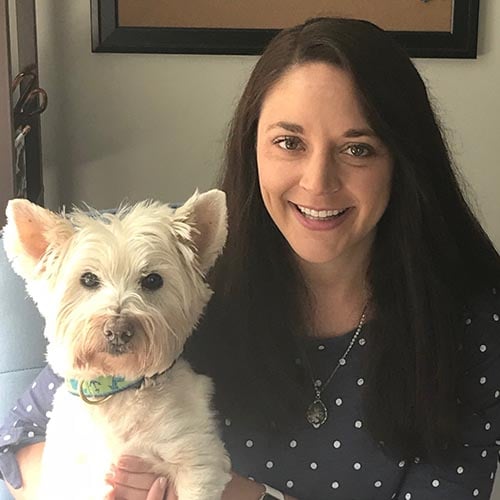Upstream is next week—June 7!—and wow, our schedule is shaping up brilliantly. Over the next few weeks we’ll share more details about the amazing speaker lineup. RSVP now!
Next up in our absolutely amazing speaker line up: Mike Milinkovich, executive director of the Eclipse Foundation. A little bit more about Mike:
Mike Milinkovich is a recognized industry leader and open source community champion. He has been involved in the software industry for over 30 years, doing everything from software engineering, to product management, to IP licensing. He has been the Executive Director of the Eclipse Foundation since 2004. In that role he is responsible for supporting both the Eclipse open source community and its commercial ecosystem. As an industry leader, Mike has sat on the Boards of the Open Source Initiative (OSI) and the OpenJDK community, as well as the Executive Committee of the Java Community Process (JCP).
Mike’s talk, Open source won, now comes the hard part, is so relevant it hurts. Open source is truly a magnificent feat of human collaboration—and, as Mike says in his abstract, one of the most successful socioeconomic experiments in history.
A Tidelift study we conducted a few years ago showed that over 92% of all software is built upon open source components. This means without open source, the world as we know it wouldn’t exist—think internet, smartphones, and social media, but those are just a few examples. But, Mike notes, with great success comes great responsibility. Responsibility that we have collectively managed to avoid. Until now. And this is the painful part. Around the world, governments are realizing that there is a global community, shaping the future that they don’t even influence, never mind control. And a global supply chain of open source software which is simultaneously unmanaged, unregulated, unsecured and critical to economic success.
The days of unconstrained open source innovation are coming to an end. The question is, what comes next? Well-meaning attempts to manage, regulate, and secure the global open source phenomenon run the risk of killing the very thing that made it successful in the first place: the ability to study, modify, and freely distribute a program with everyone, for any purpose.
Mike’s talk is going to discuss how we got here, and examine some policy options for the future that will protect open source from being destroyed by its own success. And we are eager to hear what he has to say, especially coming from his unique perspective as executive director of an open source community.


 50 Milk St, 16th Floor, Boston, MA 02109
50 Milk St, 16th Floor, Boston, MA 02109